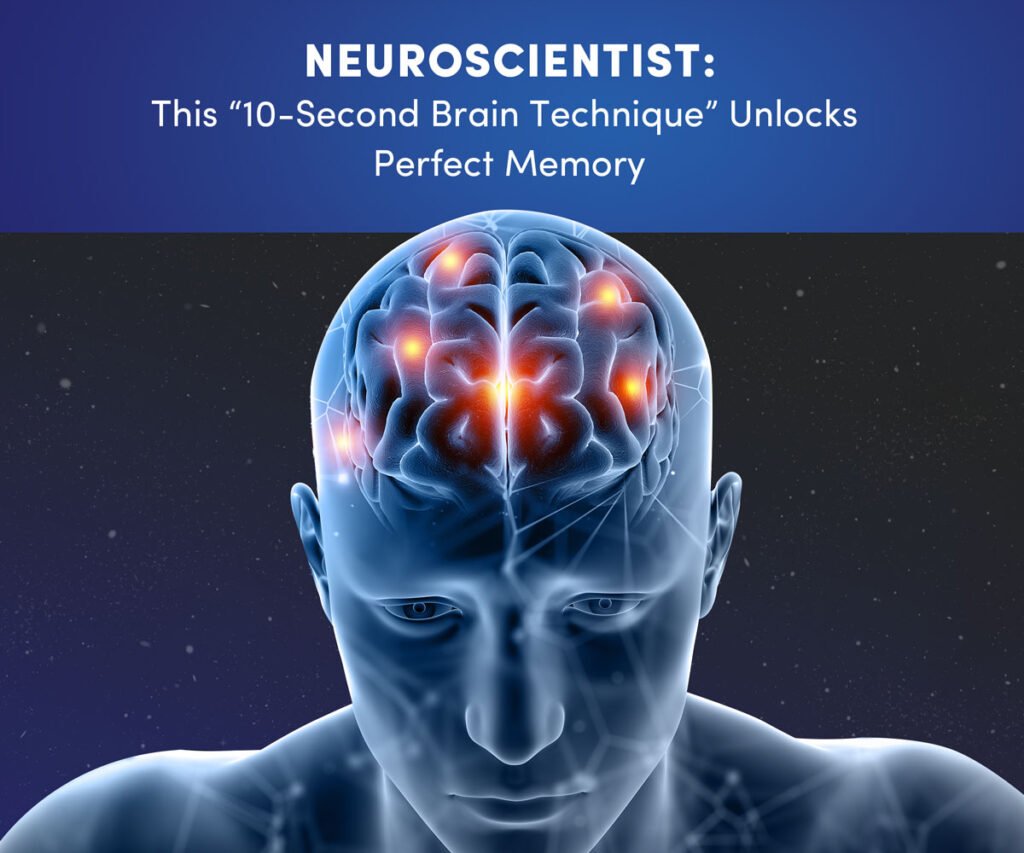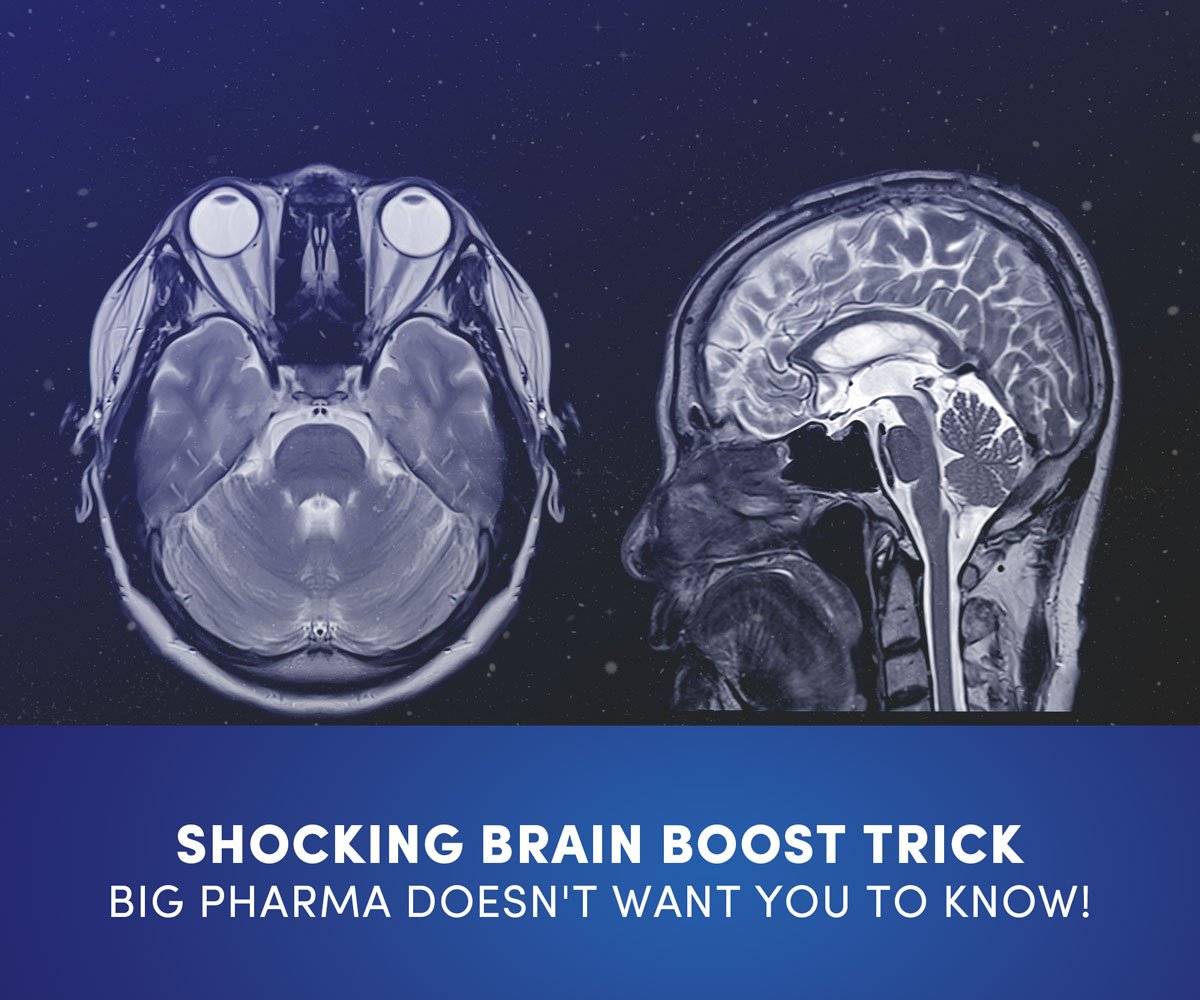Age and Attention: The Growing Challenge of ADHD in Adulthood
Attention Deficit Hyperactivity Disorder (ADHD) is a condition that affects both children and adults. While it is often diagnosed in childhood, many people wonder, “Does ADHD get worse with age?” This article delves into the complexities of ADHD in adults, the progression of the disorder, and how it can be managed effectively.
Does ADHD Get Worse with Age?
ADHD symptoms can change over time, but whether they get worse with age is not straightforward. For some individuals, ADHD symptoms may lessen as they develop coping strategies and gain life experience. For others, the challenges can become more pronounced, especially if the disorder goes untreated or if new stressors and responsibilities emerge.
What Does ADHD Look Like in Adults?
ADHD in adults often presents differently than in children. Adults may not exhibit the same hyperactivity but instead may struggle with:
- Time management: Difficulty in meeting deadlines or managing schedules.
- Organization: Challenges in keeping track of tasks and responsibilities.
- Focus: Trouble maintaining attention on tasks, leading to unfinished projects.
- Impulsivity: Making hasty decisions without considering the consequences.
The 5 Levels of ADHD
ADHD is typically categorized into three types, but understanding its impact can be better grasped by looking at the varying degrees of severity:
- Mild: Symptoms are noticeable but not significantly impairing.
- Moderate: Symptoms are more pronounced and interfere with daily life.
- Severe: Symptoms are highly disruptive and cause considerable difficulties in various aspects of life.
- Inattentive: Predominantly inattentive symptoms, with less hyperactivity.
- Hyperactive-Impulsive: Predominantly hyperactive and impulsive symptoms, with less inattention.
Why Is My ADHD Suddenly Worse?
Several factors can contribute to a sudden worsening of ADHD symptoms, including:
- Increased stress: Life changes or added responsibilities can heighten symptoms.
- Poor sleep: Lack of rest exacerbates ADHD symptoms.
- Inconsistent treatment: Skipping medication or therapy sessions can lead to a resurgence of symptoms.
- Diet and lifestyle: Poor nutrition and lack of exercise can negatively impact ADHD.
Can ADHD Get Worse with Age or Does It Improve?
For some, ADHD symptoms can improve with age as they learn effective coping strategies and build supportive environments. However, for others, especially those who are untreated, symptoms can become more challenging. Life transitions, such as starting a new job or becoming a parent, can introduce new demands that make managing ADHD more difficult.
Signs of Untreated ADHD in Adults and How to Treat It
Untreated ADHD in adults can lead to several issues, including:
- Relationship problems: Difficulty in maintaining relationships due to impulsivity or inattention.
- Work performance: Struggles with productivity and meeting professional expectations.
- Mental health issues: Increased risk of anxiety, depression, and low self-esteem.
Treatment Approaches
- Medication: Stimulants and non-stimulants can help manage symptoms.
- Therapy: Cognitive-behavioral therapy (CBT) is effective in teaching coping mechanisms.
- Lifestyle changes: Regular exercise, a balanced diet, and proper sleep hygiene are crucial.
- Support networks: Engaging with support groups or seeking help from loved ones can provide additional assistance.
What Makes ADHD Symptoms Worse?
Certain factors can exacerbate ADHD symptoms, including:
- Stress: High levels of stress can overwhelm an individual’s coping mechanisms.
- Poor nutrition: Diets high in sugar and low in essential nutrients can worsen symptoms.
- Lack of structure: A disorganized environment can make it harder to manage ADHD.
- Substance abuse: Alcohol and drugs can interfere with treatment and amplify symptoms.

Conclusion
ADHD is a lifelong condition that can change over time. While some may find their symptoms improve with age, others may face new challenges that make management more difficult. Understanding the factors that influence ADHD and adopting effective treatment strategies is key to improving quality of life.
Disclaimer
The information provided in this article is for educational purposes only and should not be considered medical advice. Consult with a healthcare professional for personalized recommendations.
Content Source
- Journal of Attention Disorders
- National Institute of Mental Health



















